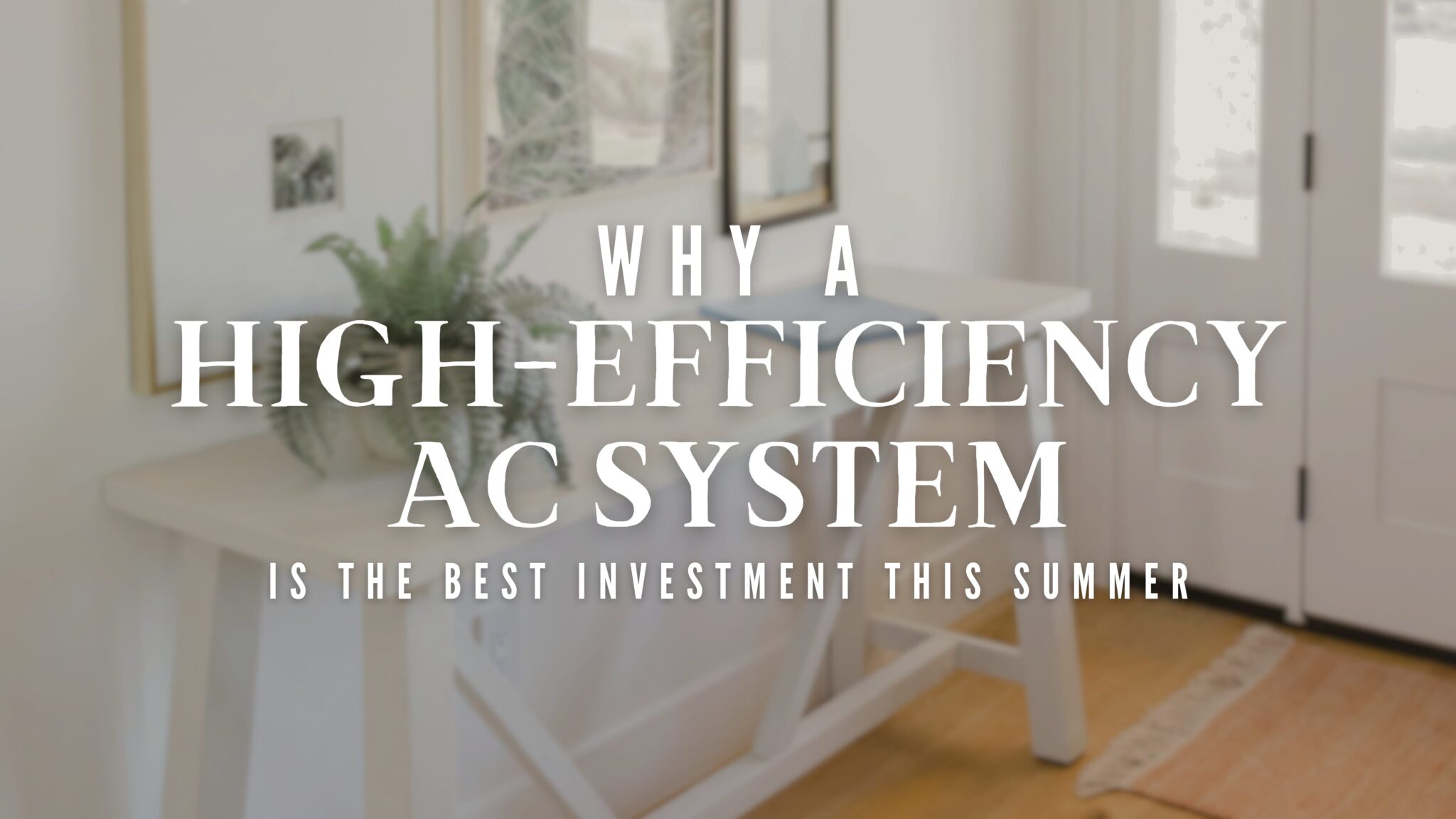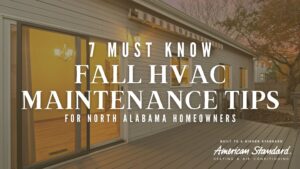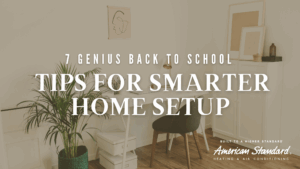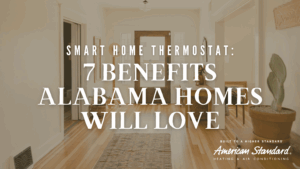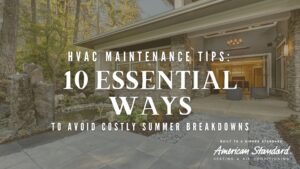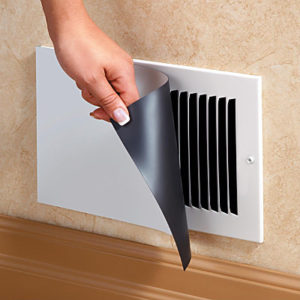 Should you close air vents in the seldom used rooms of your home?
Should you close air vents in the seldom used rooms of your home?
Practicality might suggest if you close the air vents in rooms where you seldom go, your energy bill should go down.
Rooms such as a guest bedroom, living room or dining room, might come to mind.
It’s Not An Unreasonable Assumption
It’s not an unreasonable hypothesis: if cooled or heated air isn’t escaping through the vents into one or two rooms, it should take less energy to produce the amount of conditioned air needed for the remaining rooms. But HVAC systems just aren’t designed to work that way.
Not only can closing the vents in seldom used rooms cost you more on your utility bills, it can cost you more in repairs over the long haul.
HVAC Systems are Designed for Adequate Air Flow
An HVAC system is somewhat like the respiratory system in the human body: in order for it to work as it’s designed, there must be adequate airflow. Most systems are calibrated in such a way that a change in airflow can choke out energy efficiency and put excess strain on system components. Closing vents increases the pressure in your ductwork, and that pressure increase backs all the way up to your HVAC systems, forcing them to work harder.
This causes the same types of problems as having a dirty air filter: your furnace or air conditioner uses more energy to produce the same level of treated air, driving up your monthly bills. It also stresses out fans, motors and other equipment, reducing maintenance intervals and leading to more frequent repairs.
Excessive duct pressure also creates another problem: duct leaks. Weak spots in your ductwork can turn into open gaps, allowing treated air to escape and forcing your system to work even harder.
Get In The Zone
Fortunately, the concept behind closing vents in unused rooms can be safely put to work with the right HVAC equipment. Certain systems called “zone HVAC systems” give you unprecedented control over which rooms receive treated air. Using a more sophisticated interface than an ordinary thermostat, zone systems allow you to assign different temperatures to different zones, which can be as small as a single room.
This is especially handy when you want to save energy by treating a room to a higher or lower temperature without shutting off the flow of air to those rooms completely. While there’s no need for an unoccupied room to receive the same level of comfort, a total lack of HVAC can lead to mold and humidity damage in the summer or frozen pipes in the winter.
If you’re interested in learning more about HVAC zone control and what it would take to upgrade your home system, get in touch with us at [email protected], or call us a 256-536-0967.
Bunn’s and Bennett Heating and Air Conditioning has served Huntsville and the Tennessee Valley for more than 30 years. We are a licensed and insured HVAC dealer. Call us today!

